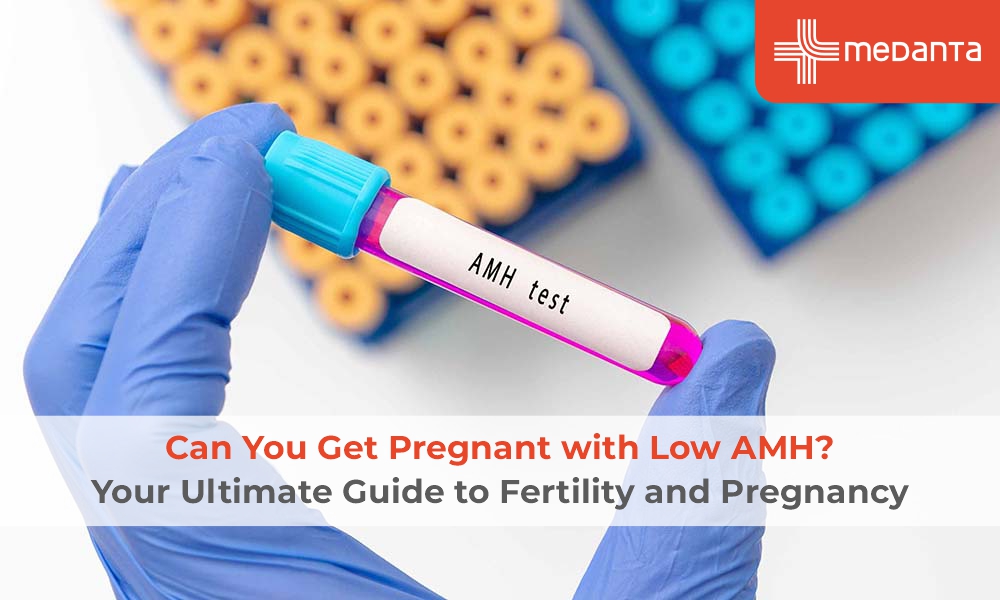A Popular Supplement Used in High Doses May Raise the Risk of Developing Breast Cancer

Recent studies have suggested that taking high doses of a popular dietary supplement may increase the risk of developing breast cancer. Although supplements have long been thought to be beneficial for overall health, research has shown that some can increase the risk of chest cancer in women who take them in higher doses than recommended. In this blog post, we will discuss what these studies mean for women's breast health and look at the potential dangers of taking certain supplements in high doses. We'll also explore how you can make sure you're getting enough nutrients without putting your body at risk.
The Research Behind the Claims:
First and foremost, it is important to understand what the studies are saying about this particular supplement. The research shows that women who take high doses of this supplement may be more likely to develop breast cancer than those who do not. The exact levels of the supplement required to cause an increased risk of cancer are not yet known, but they appear to be much higher than the recommended daily dose.
Potential Health Risks Associated with High Doses:
When it comes to taking any supplement at high doses, it is important to consider the potential health risks associated with doing so. High doses of supplements can interfere with other medications you may be taking and can also affect your kidney function. In addition, they can increase your risk for liver damage as well as certain types of cancers including breast cancer.
Warnings from Health Professionals:
Healthcare professionals have warned against taking any supplements in high doses due to the potential for serious side effects. While low doses of certain vitamins and minerals may be beneficial for your health, taking too much can cause serious harm. It is important to talk to a healthcare professional before beginning any new supplement regimen or increasing your current dosage.
Recommendations for Use:
If you are looking for ways to make sure you are getting enough nutrients without putting your body at risk, there are a few steps you can take. Eating a balanced diet full of fruits, vegetables, whole grains, and lean proteins is a great way to ensure that you are getting all of the nutrients your body needs.
How to Protect Yourself Against Breast and Chest Cancer:
When it comes to protecting yourself against breast and chest cancer, there is no single answer. To keep your health in top shape, you need to be aware of the signs and symptoms of breast and chest cancer, as well as stay up-to-date with the latest advances in breast care. Here, we'll discuss how you can take proactive steps to protect yourself from these types of cancers through early detection and prevention. Read on to learn more about preventative measures and tips for better breast care.
Risk Factors:
When it comes to preventing breast and chest cancer, there are a few factors that can increase your risk. These include age, family history, genetics, obesity, smoking habits, and alcohol consumption. In addition, certain lifestyle choices such as not getting enough exercise or eating unhealthy foods can also contribute to an increased risk of developing these types of cancers. With this in mind, it’s important to be aware of all the factors that can affect your health and take steps to reduce the likelihood of developing breast or chest cancer.
Self-Checks:
Self-checks are one of the best ways to detect any suspicious lumps or other signs of early cancer development. Women should become familiar with their breasts through regular self-exams so they will be able to recognize if something changes. If you notice any new lumps or pain in your breast or chest area, make an appointment with your doctor right away for further testing and evaluation. Men should do a self-check as well – but since men's breasts are less likely to produce lumps than women's, they should look for other signs such as skin dimpling or redness.
Early Detection:
Early detection is key when it comes to successful treatment outcomes for both men and women who have been diagnosed with breast or chest cancer. Regular screenings such as mammograms (for women) and chest X-rays (for men) can help catch cancer in its earliest stages before it has had time to spread throughout the body. Of course, even with regular screenings, there is no guarantee against developing breast or chest cancer – which is why it’s still important to focus on prevention strategies whenever possible.
Prevention Strategies:
When it comes to preventive measures for better breast care, the most important step you can take is to maintain a healthy lifestyle.
Eating nutritious foods, exercising regularly, limiting alcohol consumption, avoiding smoking, and avoiding environmental toxins are all good ways to reduce your risk for these types of cancers. Additionally, maintaining a healthy weight is another way you can do your part in protecting yourself against these diseases.
Resources & Support Networks:
If you’re looking for more information on prevention strategies and support from others who have been affected by breast or chest cancer, there are many resources available online.
Conclusion:
At the end of the day, taking proactive steps towards better breast care should be a priority for everyone’s health and well-being.
By understanding what increases our risk factors for breast and chest cancer, staying current on screening recommendations, practicing self-checks regularly, and following preventive strategies - we can all do our part in reducing our chances of developing these devastating diseases.






